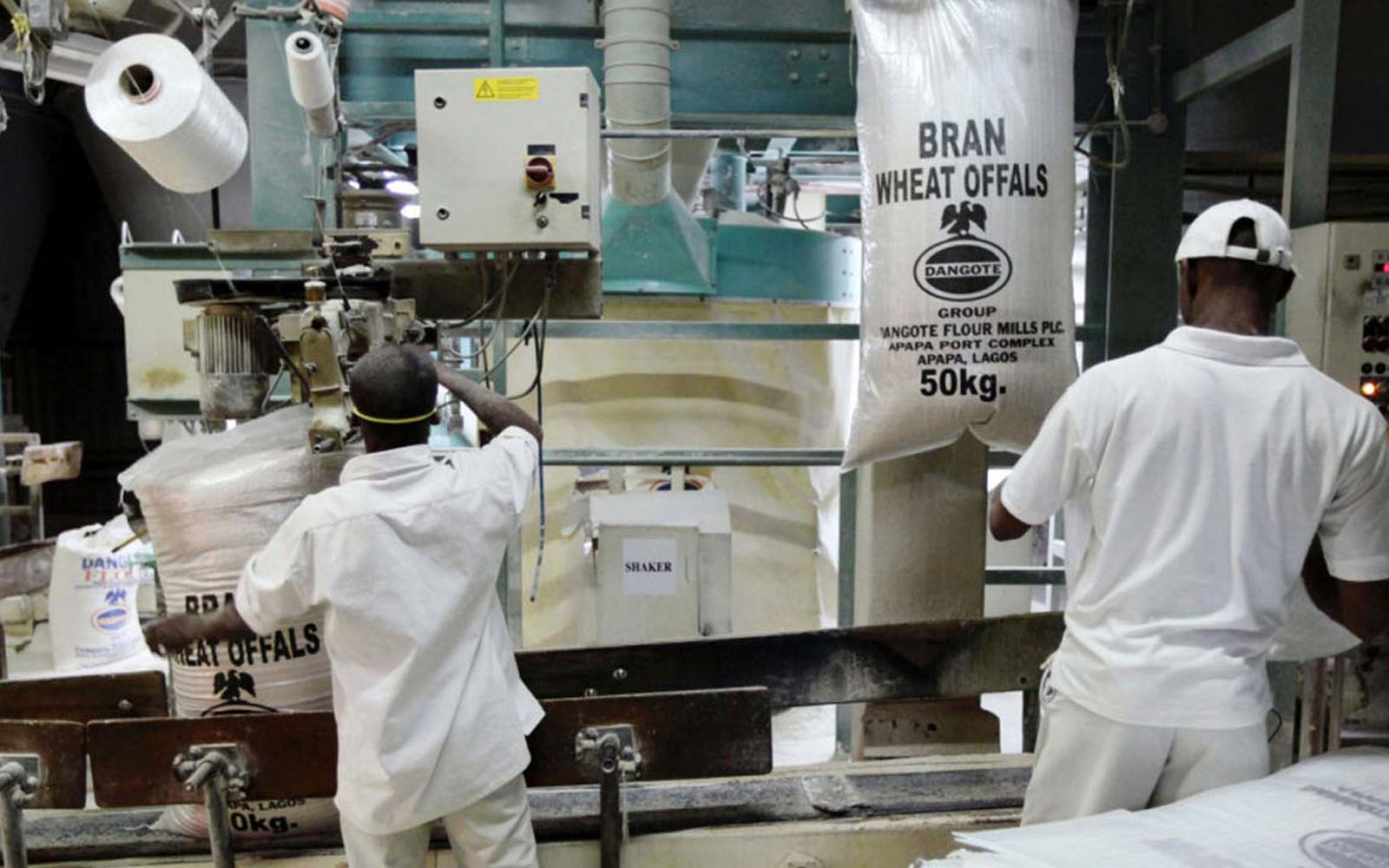The concept of restricting international trade to support domestic industries is called protectionism. It is usually implemented by developing countries to boost the domestic economy.
The most recent protectionism policy enacted by the federal government is the border closure which started in August 2019. The border was, however, reopened in December 2020. Another notable example is the list of 44 imported goods banned from access to CBN’s official exchange rate.
The result of these policies has often been an increase in inflation rate as seen in 2019, and some level of improvement in domestic production. For instance, according to KPMG 2019 Rice Industry review, rice production grew from 2.8 million tonnes in 2010 to 3.8 million in 2018.
READ: Nigeria generates over N1.2 trillion oil revenue in 3 months, up by 44.1%
At the IMF’s Article IV on Nigeria discussion hosted by the American Business Council, Amaka Anuku, the Practice Head for Africa at Eurasia Group stressed the importance of protection of infant industries to boost Nigeria’s economic performance. She stated that most FDI in Nigeria, have been tied to the oil sector which is why the investment has been on a decline in recent years. She held that for FDI to increase in Nigeria, the first step will be local production.
She supported her proposition by recommending that the CBN unifies all exchange rates, but a cheaper rate should be adopted for local producers as a form of subsidy for their high input cost.
When asked about the negative impact of this protectionism on consumers such as high cost as seen with rice, Amaka gave a simple analogy. If trade remains free, poor people remain poor but can afford the cheaper imported goods because of the efficiency in their production. However, protectionism will increase revenue for local producers and, therefore, will employ more people, increase income for its employees, and in the end, the citizens will be richer and be able to afford the locally produced goods.
READ: Commissioner attributes high cost of rice to increased production cost
Adding to this, Dr. Bongo Adi from the Lagos Business School said trade protectionism has always been a policy popular among emerging and developing economies. The Asian Tigers have also been known to have adopted this in the past. He said the issue however is that protectionism policies in Nigeria have in the past been politicised. He recalled that some of the financed projects through the N300 billion Power and Airline Intervention Fund (PAIF) of 2007 are no longer in existence.
They both concluded that protectionism with good subsidization can be of great advantage to the growth of the Nigerian economy. Dr. Bongo was, however, conservative about whether Nigeria is on the path to this growth, specifically in the manufacturing sector.
READ: FG to buy only locally assembled vehicles for its use
What this means
- Inflation rate has been on the rise since August 2019 when the government closed the land borders to curb illicit importation and increase food production in Nigeria.
- The prices of food items, particularly rice, increased during this period moving from about N15,000/50kg before border closure to N33,000/50kg after the border reopening, according to data obtained from Nairalytics research.
- If the government continues to implement protectionism policies, prices of goods will continue to increase until local production is efficient enough to meet a substantial part of the Nigerian market demand.
- Finally, if these policies are not politicised, it is expected that in the future, economic activities will significantly improve in Nigeria.













